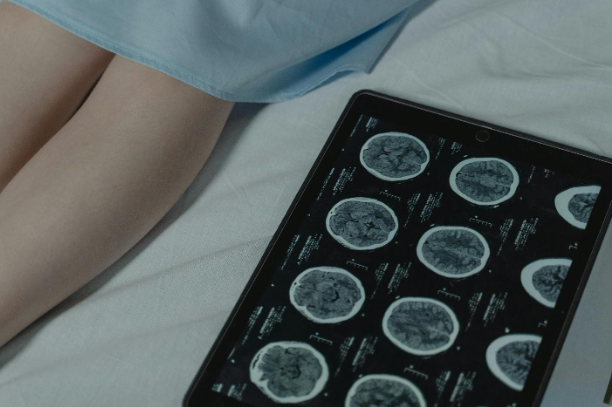From the moment your child is born, their brain is growing at an incredible pace. Every smile, every sound, and every new skill reflects the changes happening inside their developing mind. Understanding brain development doesn’t mean you need to know every scientific detail, but having a general idea can help you support your child’s growth with confidence.
Brain development is the foundation for learning, emotions, problem-solving, and behavior. While each child develops at their own pace, knowing the basics can ease concerns and guide you when questions arise. Pediatricians play an important role in monitoring these milestones, and in some cases, they may recommend further evaluations to check how the brain is developing. That is where imaging, like an MRI, can provide valuable reassurance for parents.
How Doctors Assess Brain Development
Doctors typically monitor children’s brain development through regular checkups, developmental screenings, and observation of milestones such as speech, motor skills, and social interaction. In most cases, these assessments are enough to confirm healthy progress. However, when concerns arise, like persistent delays or unusual symptoms, doctors may suggest imaging tests to get a closer look.
If you’ve ever wondered what specialists look for in a healthy normal brain MRI, it’s essentially a baseline scan that helps them compare structure and function to what’s expected at a certain age. These scans can identify issues early, provide peace of mind, and guide treatment if needed. For parents, it means clearer answers during times of uncertainty.
It’s important to remember that most children won’t need advanced imaging, but when they do, it’s simply another tool that helps doctors ensure your child’s brain is on track.
Key Stages of Brain Development in Children
Children’s brains develop in stages, each marked by exciting changes. In infancy, the brain grows rapidly as babies learn to recognize voices and respond to touch. During the toddler years, language and motor skills expand quickly, and children begin exploring independence. By preschool, problem-solving, imagination, and social skills take center stage. School-age years bring more complex learning, reasoning, and emotional growth.
These stages may look different for every child, and small variations are completely normal. What matters most is that your child shows steady progress over time.
Factors That Influence Brain Development
A child’s environment plays a big role in shaping brain development. Nutrition is especially important; nutrient-rich foods support healthy brain growth. Sleep is another key factor, as it helps the brain process new information and recharge for learning.
Daily interactions, play, and a stimulating environment also encourage development. Talking, reading, and playing with your child boost cognitive skills and strengthen emotional connections. Genetics and health conditions also influence brain growth, but providing a supportive, nurturing environment gives your child the best possible foundation.
Signs of Healthy Development
Parents often notice healthy development in everyday moments. Curiosity, attention to surroundings, attempts at communication, and eagerness to play are all positive signs. Remember, children develop at different rates. While one child may speak early, another may take longer but excel in motor skills.
If you ever feel concerned about delays, the best step is to discuss them with your pediatrician. Most of the time, reassurance and monitoring are all that’s needed.
Brain development in children is a remarkable journey, shaped by genetics, environment, and everyday experiences. While doctors and specialists have tools to assess and monitor growth, your role as a parent is equally important. By supporting your child with love, routines, play, and healthy habits, you create the foundation for a lifetime of learning and well-being.
And remember, most children grow and thrive naturally, but when questions arise, resources and guidance are available to give you peace of mind. With the right balance of medical care and parental support, your child’s brain has everything it needs to reach its full potential.


